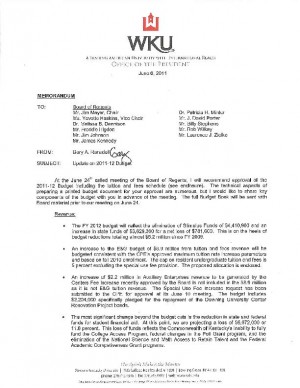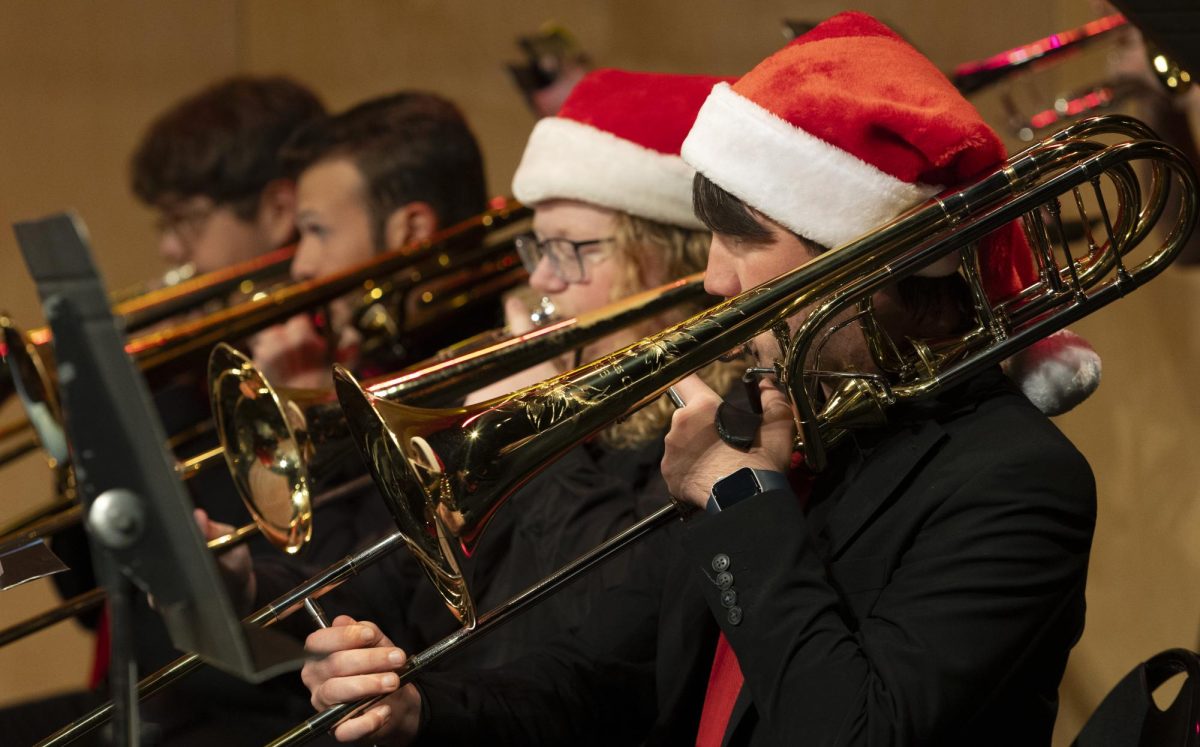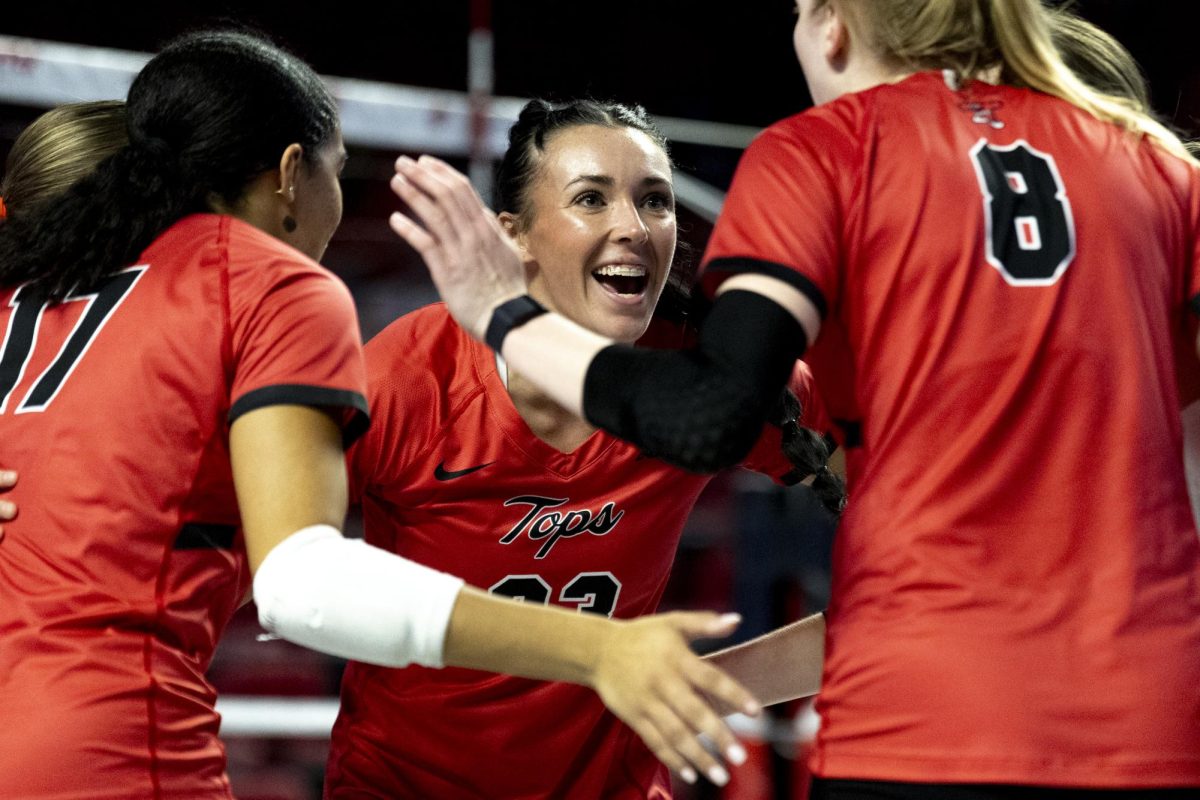Ransdell releases WKU budget overview; tuition increase likely

June 10, 2011
President Gary Ransdell released a preliminary document outlining the major components of the university budget for the fiscal year 2011-2012 in an email to faculty and staff this week.
Budget crunching at WKU will continue for another year — and students will feel the brunt of it — as WKU loses stimulus money and state and federal financial aid for students.
The 2012 budget reflects a decrease of more than $4.4 million in stimulus funds. Although the university gained about $3.6 million in state funding, this still equates to a net loss of more than $780,000.
Ransdell said this cut is on top of an additional $8.2 million in reductions since fiscal year 2009.
In what Ransdell calls the “most significant change beyond the budget cuts,” financial aid from the state and federal government will be cut at a projected rate of 11.8 percent. This will be about $6.6 million dollars in lost student aid for College Access Program grants, changes to the Pell Grant, and the elimination of the National Science and Math Access to Retain Talent and the Federal Academic Competitiveness Grant programs.
Ransdell in March predicted a 5 percent tuition increase would likely be implemented in the fall, pending approval from the Board of Regents at the June 24 board meeting.
“It’s inevitable in higher education,” he said in March.
If the tuition hike passes, an in-state student will pay $4,042 per semester to attend WKU. This would increase revenue at the university by more than $8.8 million for the fiscal year.
Students from outside of Kentucky will pay more than $10,000 a semester in tuition following the proposed increase.
“With four years of cutting and no net increases in state appropriations, we have relied on modest tuition increases to make ends meet,” Ransdell said in his email to WKU employees.
A 5 percent tuition increase was also passed by the Regents in 2010.
Part of the tuition increase will go toward funding a salary increase for full-time faculty and staff.
All eligible full-time employees will see a 1 percent salary increase this year, with a minimum raise of $500 and a maximum of $1,000 at a cost of $1.25 million for the year.
Additionally, students will continue to pay various mandatory fees, including $207 for athletics and $70 for DUC renovation bonds.










